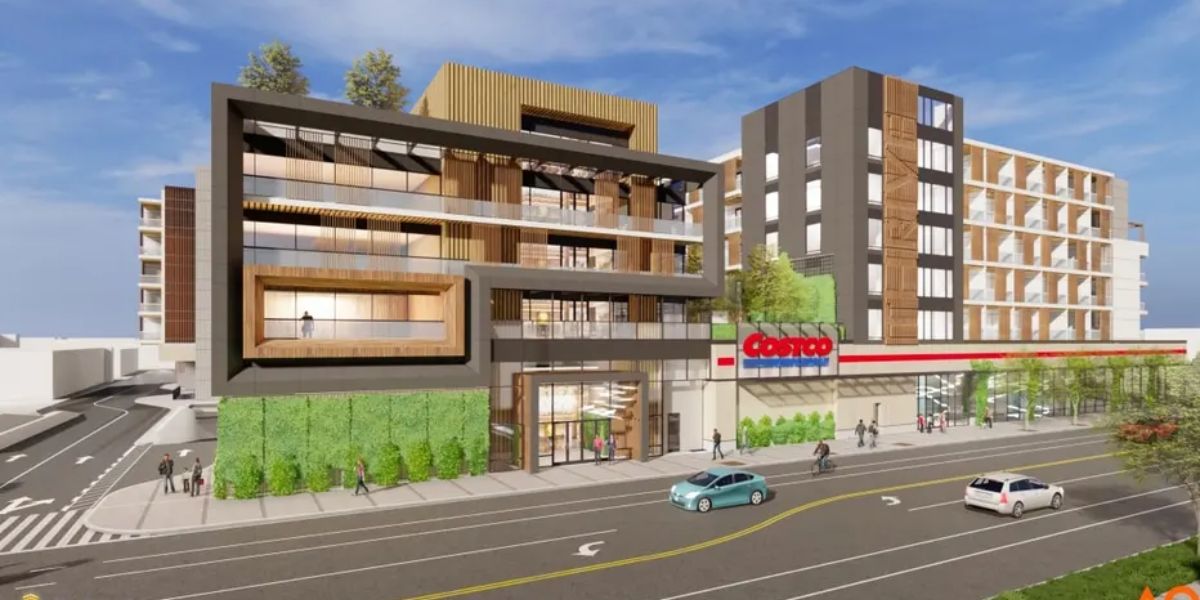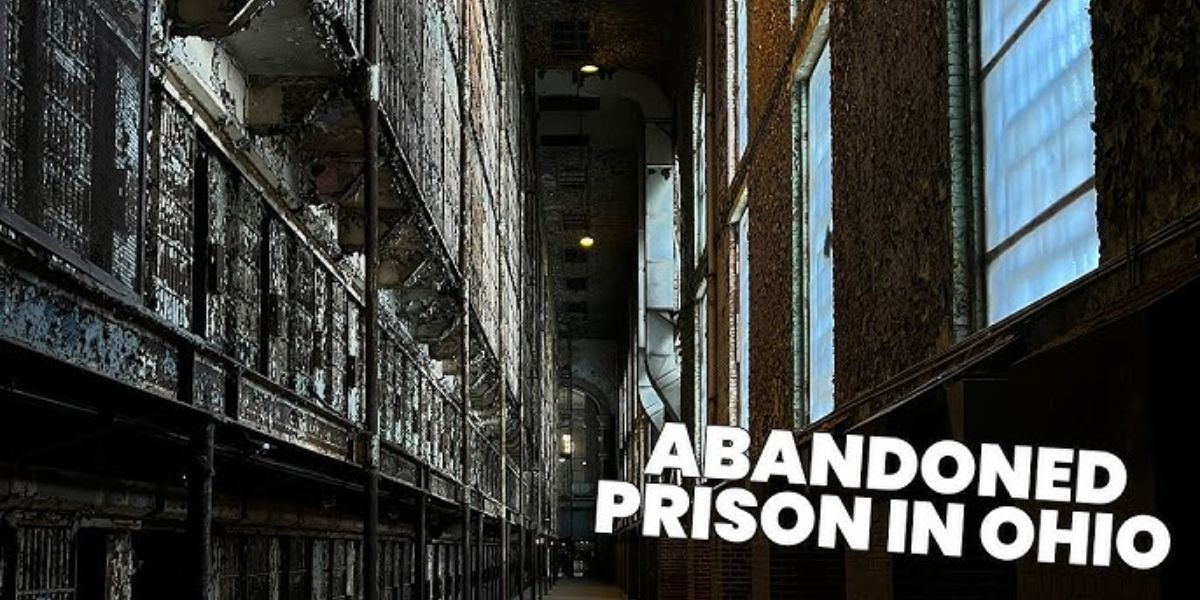West Virginia has been dealing with serious problems for years — poverty, unemployment, drug addiction, and environmental damage. These issues don’t just affect the economy. They also take a huge toll on the mental health of people living there. Depression and suicide rates in the state are among the highest in the country. But which city is struggling the most? And what can be done to help the people who live there?
How Experts Measured Depression In West Virginia
A 2023 study by WalletHub looked at how depression affects cities across the U.S. They used 21 different signs to measure depression — including how many people are diagnosed with depression, how often people sleep badly, how many people die by suicide, and other factors like income and job security.
The study found that Huntington, West Virginia ranks as the most depressed city in the state — and the sixth most depressed city in the whole country.
Huntington’s Numbers Show How Bad Things Are
The data on Huntington is rough. The city’s depression rate is 29.8%. The suicide rate is 18.9 deaths per 100,000 people. And the divorce rate is 16.9%. On top of that, the city has some of the lowest income growth and highest poverty rates in the country.
One small bright spot? Huntington actually scores better when it comes to sleep — meaning residents report fewer sleep problems than some other struggling cities.
Why Huntington Is Struggling With Depression
Huntington’s high rates of depression aren’t caused by just one thing. It’s a complicated mix of social, economic, and environmental problems that all pile on top of each other. Here’s a breakdown of the biggest causes:
1. The Opioid Crisis
Huntington has one of the highest opioid overdose rates in the country. Addiction has devastated the community, tearing apart families and overwhelming emergency services. The crisis has been so bad that the city has sued drug companies for their role in the epidemic, blaming them for flooding the area with painkillers.
2. Coal Industry Collapse
Huntington’s economy has historically relied heavily on coal mining. But as the coal industry declined, the city was left with fewer jobs, more poverty, and environmental damage from abandoned mines. For many families, losing coal jobs meant losing hope for the future.
3. COVID-19 Pandemic
The pandemic made everything worse. It increased deaths, left people isolated from friends and family, caused widespread stress, and disrupted access to mental health care and addiction treatment. For a community already struggling, COVID-19 just added more weight.
How Huntington Is Fighting Back
Despite all these challenges, Huntington isn’t giving up. The city has launched several programs to support mental health and fight addiction — and some of them are already making a difference.
1. Quick Response Team
This innovative program sends a special team to meet with people right after they survive an overdose. The team offers immediate treatment options and helps connect them to long-term recovery services. This approach helps people get support before they end up overdosing again.
2. Marshall University’s Mental Health Support
Marshall University, located in Huntington, isn’t just an important school. It’s also a leader in mental health research and community outreach. The university provides counseling, supports local mental health programs, and works with students and residents to break the stigma around mental health.
3. Community Beautification Projects
The city launched a project called In Bloom in Huntington, which focuses on cleaning up neighborhoods, planting green spaces, and improving public areas. The goal is to boost civic pride and create a healthier environment for everyone. These kinds of projects may not seem directly tied to mental health, but they help foster a sense of hope and community.
A City Fighting For Hope
Huntington faces some of the toughest challenges in West Virginia, but the people who live there haven’t given up. Programs like the Quick Response Team, efforts from Marshall University, and community beautification projects show how much the city is willing to fight for a brighter future.
Huntington’s story is a hard one, but it’s also a reminder that even in the darkest times, there are people working to make things better. The city’s fight against depression doesn’t just matter to Huntington — it’s a symbol of hope for all of West Virginia.
For more stories about life in West Virginia and ways communities are working to improve mental health, visit our website and share this article with someone who cares about these issues.
This Town Has Been Named The Most Depressed City In West Virginia.
Disclaimer: Our team has meticulously fact-checked this article to ensure accuracy and eliminate any misinformation. We are committed to providing honest, reliable, and trustworthy content for our readers.




